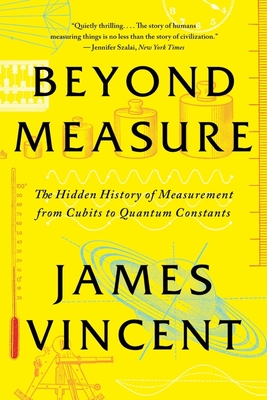
Musing the Margins: Essays on Craft
Description
Who determines the rules of craft? How are these rules exclusionary? Elitist? Reflective of a dominant lens?
Musing the Margins examines the influence of culture and identity on the craft of fiction. These essays delve into race, ethnicity, class, queerness, neurodivergence, disability, and chronic illness. The anthology challenges fiction writers to read and teach beyond familiar views, approaches, and voices. What questions should writers be asking themselves? How do writers acknowledge their privilege in their work? How can writers do their due diligence in order to create the least possible harm with their art? How do marginalized identity and craft interact, complicate one another, and create new possibilities for the future of fiction?
Cooper Lee Bombardier raises questions of privilege and positionality, specifically as they relate to character and point of view choice.
Andrea J. Johnson outlines issues that a work of fiction might have in terms of diversity while offering positive models of how to incorporate diversity.
Daniel Heath Justice writes of themes, Indigenous representations, and speculative fiction, breaking down prevalent but ultimately harmful tropes associated with Indigenous representations in literature.
Angela Kariotis describes the ways in which she uses Playback Theatre and improvisation to nurture her students' storytelling capabilities.
TAK Erzinger illuminates the stakes of diverse representation while centering her essay on the inclusion of familiar, relatable characterization and details from Latinx culture.
B. Tyler Lee engages with questions of stereotypes, framing these questions with personal narrative that clarifies the stakes of the questions that she addresses.
Audrey T. Carroll addresses how cultural attitudes toward disability are codified in fiction by exploring disability, characterization, and verisimilitude.
Amara George Parker questions what poor representation does-representation that lacks nuance and depth of character, especially for those with dynamic/invisible disabilities and mental health issues.
Mira T. Lee focuses on mental illness and the responsibility of its portrayal in fiction, demonstrating how a character can be of a marginalized and/or stereotyped identity and maintain the three-dimensional nature that writers often aspire to.
Emily Donovan outlines the ways in which experimenting with and coding narrative allowed more leeway for a queer canon to form through works such as Ronald Firbank's Inclinations and Virginia Woolf's Orlando.
Kristen Arnett examines the connections between physical action and interiority, and how these connections relate to queerness.
Patrick Thomas Henry reckons with questions of the senses, bringing a fresh understanding of the sense of sound as it relates to character and description.
Rachal Marquez Jones traces the use of "they" and how "rules" work against inclusivity, leading up to her use of the word "Latinx."
Desiree Cooper's essay explores race, point of view, and positionality.
Musing the Margins serves as a space to consider craft discourse from traditionally marginalized angles. In their innovative and thoughtful essays, these writers provide perspectives that enrich and expand the ways in which we might think about fiction.




























